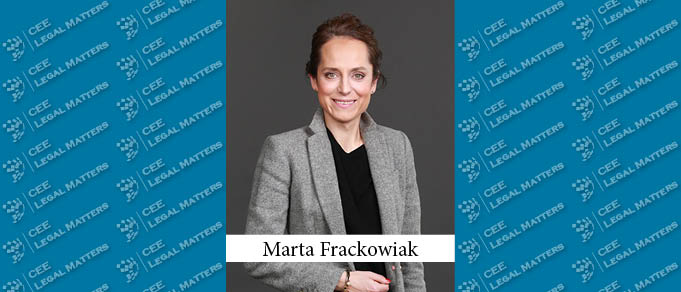The most prestigious Hungarian permanent arbitration body, the Court of Arbitration attached to the Hungarian Chamber of Commerce and Industry (HCAC) revised its rules of proceedings with effect from 2023. Will the revised rules increase the speed and efficiency of arbitral proceedings in front of the HCAC, or it is just a facelift of the former regime?
In the last 5 years the Hungarian dispute resolution landscape has changed radically, because the new Civil Procedure Code, which entered into force in 2018 brought major structural reforms to the first instance court procedure, and it has significantly reduced the length of civil and commercial litigations in Hungary.
From user’s perspective arbitration is always an alternative to state court litigation, therefore the time has come for the HCAC to review its former rules of proceedings to accelerate arbitral proceedings and increase the effectiveness of arbitral awards, to cope with the growing competition from Hungarian state courts.
The revised rules are applicable from 31 December 2022, and they bring several minor modifications to the arbitral proceedings administered by the HCAC. Instead of presenting an exhaustive list of all of the changes under the revised rules, this article summarises the key changes, and it evaluates the possible effects.
First and foremost, arbitrators will have a strict 30 days’ deadline to accept party appointment.
The provisions governing case management conferences, a procedural technique imported from major arbitral institutions in 2018, will become more flexible, allowing arbitrators to organize the first conference when the respondent’s defence on the merits is already known by all participants.
Based on the COVID19 experience, the option to hold remote hearings, ie. hearing without physical presence of the parties, is crucial in arbitral proceedings. Therefore, filling the lacuna in the old rules, whether it is possible or not without express party consent, was extremely important to avoid the risk of annulment of arbitral award rendered in HCAC proceedings.
Now the revised rules expressly allow the arbitral tribunal to hold a hearing through means of telecommunication in justified cases, which will contribute to the speeding up of arbitration proceedings.
Arbitrators who tend to procrastinate the making of the award now are put under pressure, since the HCAC will be entitled to reduce their arbitrator’s fee, if they fail to deliver the award within 45 days as of the closing of proceedings, without making a preliminary request to lengthen the above deadline.
Last but not least, the new rules regulate dissenting opinions in a more detailed manner, in order to avoid situations where the content of dissenting opinion is used by the losing party to challenge the award in front of state courts.
While it is doubtful whether the deadline for accepting appointment, or the blanket rule about decreasing arbitrators’ fees will have the desired positive impact, the more flexible new provisions regarding the timing of the case management conference, the express regulation of remote hearings and the more sophisticated regime regarding dissenting opinions will presumably contribute to the effectiveness of awards and will potentially increase the speed of arbitral proceedings.
Hopefully due to these minor, but nonetheless, important modifications, HCAC administered arbitrations can stand up to the competition from the Hungarian state courts.
By Richard Schmidt, Managing Partner, SmartLegal Schmidt & Partners
















